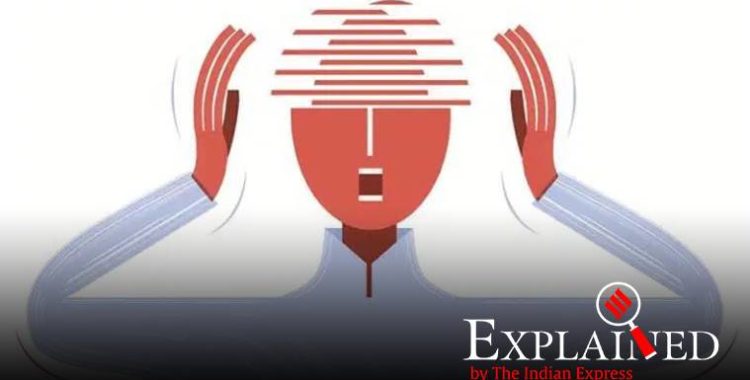Explained: How Indian courts have seen mental cruelty as grounds for divorce
When it was first passed, the Hindu Marriage Act did not have ‘cruelty’ as a ground for divorce. It was after an amendment in 1976 that this basis became available for seeking both divorce and judicial separation.
‘Cruelty’ as a ground for divorce was added in the Hindu Marriage Act after an amendment in 1976.
The Bombay High Court, while granting a divorce last week, held that a wife writing to her husband’s employer with unfounded allegations about him constituted actionable cruelty under the Hindu Marriage Act, 1955.
In its judgment of May 5, a division bench of Justices VM Deshpande and SM Modak observed, “The cruelty is physical as well as mental. If allegations are made in writing and if they are baseless, it may cause mental pain to other side.”
Grounds for divorce under Hindu law
The Hindu Marriage Act, 1955, lays down the law for divorce that applies to Hindus, Buddhists, Jains, and Sikhs.
Under Section 13 of the Act, the grounds for divorce include: “voluntary sexual intercourse with any person other than his or her spouse”; “cruelty”; desertion “for a continuous period of not less than two years immediately preceding the presentation of the petition”; “ceas(ing) to be a Hindu by conversion to another religion”; and being “incurably of unsound mind”.
In addition, Section 13B provides for “divorce by mutual consent”.
Section 27 of The Special Marriage Act, 1954 provides the grounds for grant of divorce in the case of marriages solemnised under that Act.
Mental cruelty as ground for divorce
When it was first passed, the Hindu Marriage Act did not have ‘cruelty’ as a ground for divorce. It was after an amendment in 1976 that this basis became available for seeking both divorce and judicial separation.
While Parliament did insert the term ‘cruelty’ in the Act, it did not supply an exhaustive definition. As a result, the term has since been understood according to its interpretation by the judiciary over the years – during which time the courts have evolved grounds for providing relief in cases of both physical and mental cruelty.
Even before the 1976 amendment, the Supreme Court had examined the concept of legal cruelty in Dastane v Dastane (1975). In that case, the court held that the wife threatening she would end her life, and verbally abusing the husband and his father, among other acts, amounted to mental cruelty, and granted divorce to the husband.
Justice YV Chandrachud had then observed, “The inquiry therefore has to be whether the conduct charged as cruelty is of such a character as to cause in the mind of the petitioner a reasonable apprehension that it will be harmful or injurious for him to live with the respondent. It is not necessary, as under the English law, that the cruelty must be of such a character as to cause “danger” to life, limb or health or as to give rise to a reasonable apprehension of such a danger.”
In subsequent years, the courts have held a number of acts as amounting to mental cruelty. In Shobha Rani v Madhukar Reddi (1988), the Supreme Court held that repeated demands for dowry by the husband or his relatives was a form of cruelty.
The courts have also given similar relief in other cases, including those of persistent drunkenness and repeatedly making unfounded allegations. The recent Bombay High Court verdict is in line with the latter example. The judgement reads, “If one spouse establishes extramarital affair with another lady/man, it is considered as an act damaging the foundation of the marriage. And if one of the spouses makes such allegations and he/she fails to prove it, it is considered as an act causing mental pain to other spouse and considered as an instance of cruelty.”
Reference Link: https://indianexpress.com/article/explained/explained-how-indian-courts-over-the-years-have-seen-mental-cruelty-as-grounds-for-divorce-6407154/



